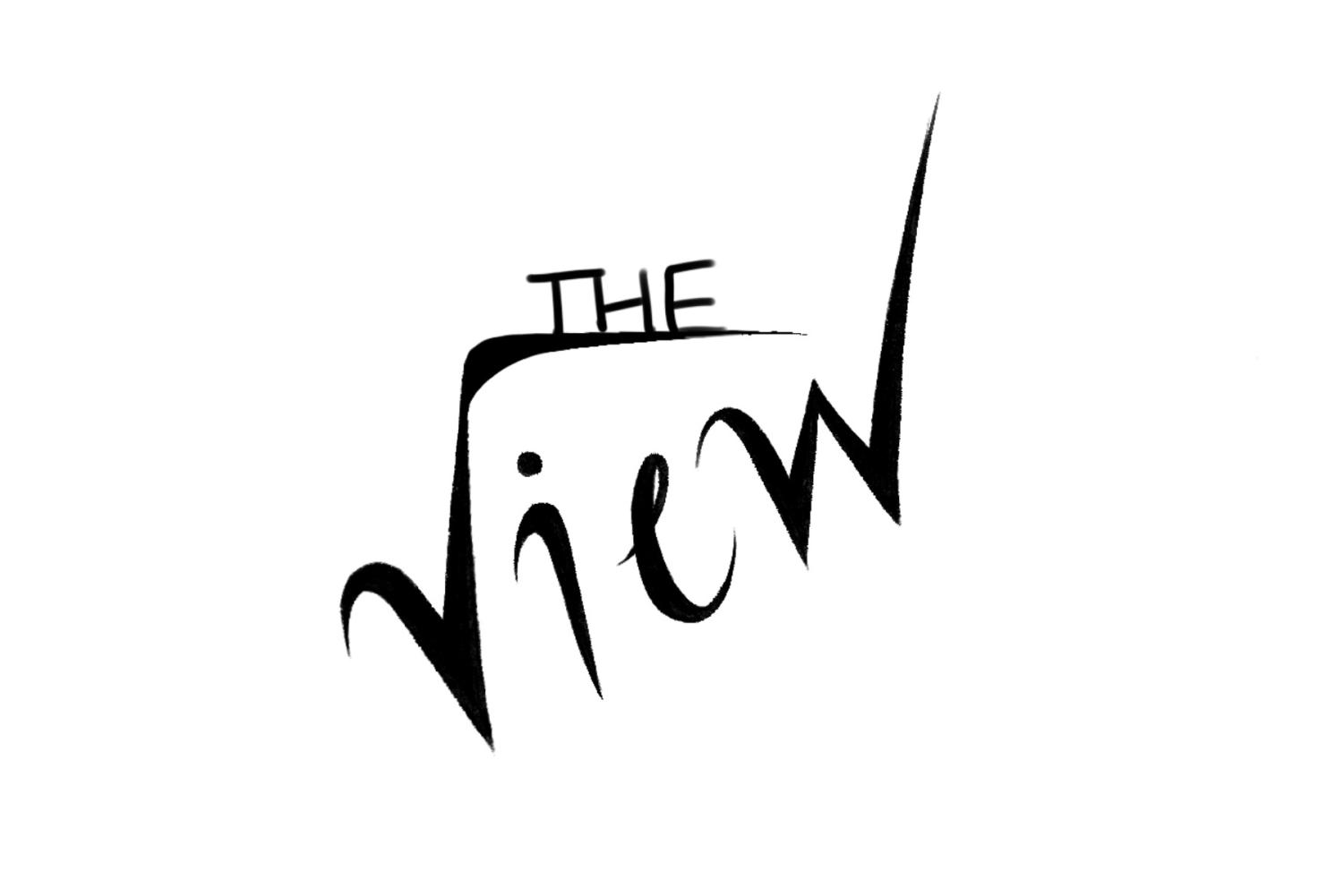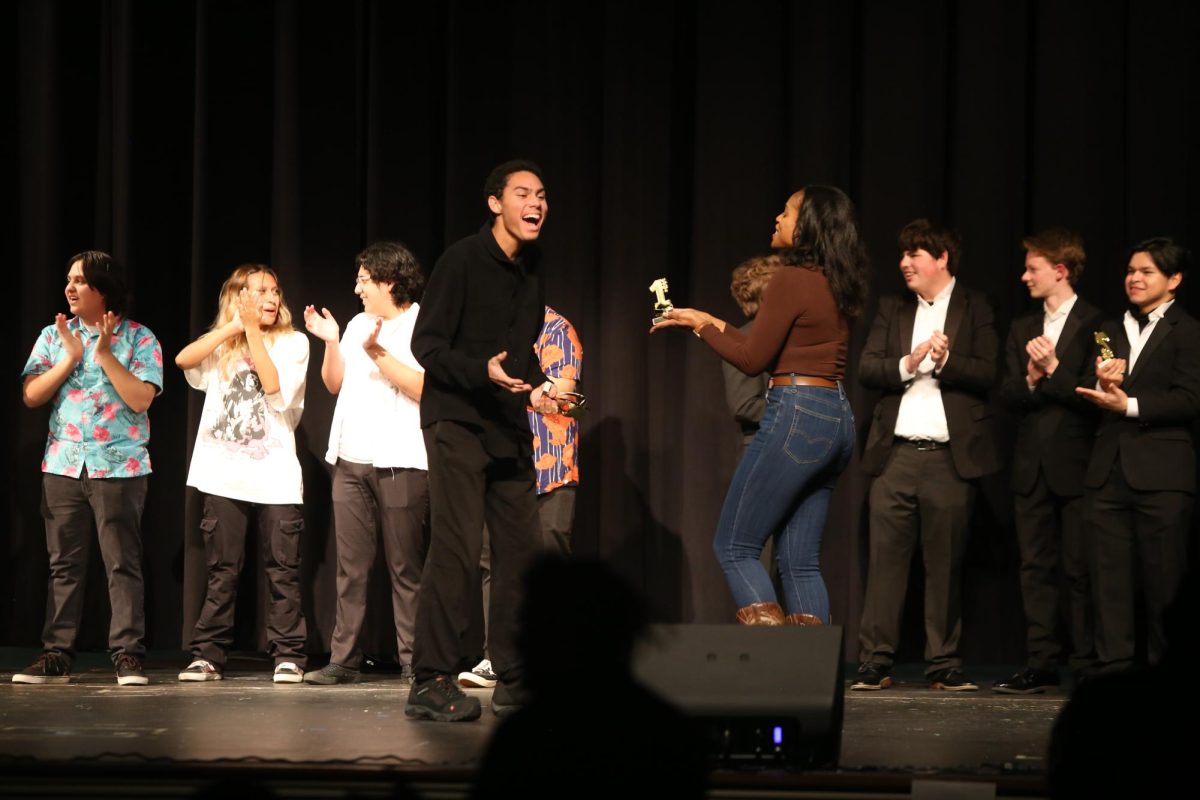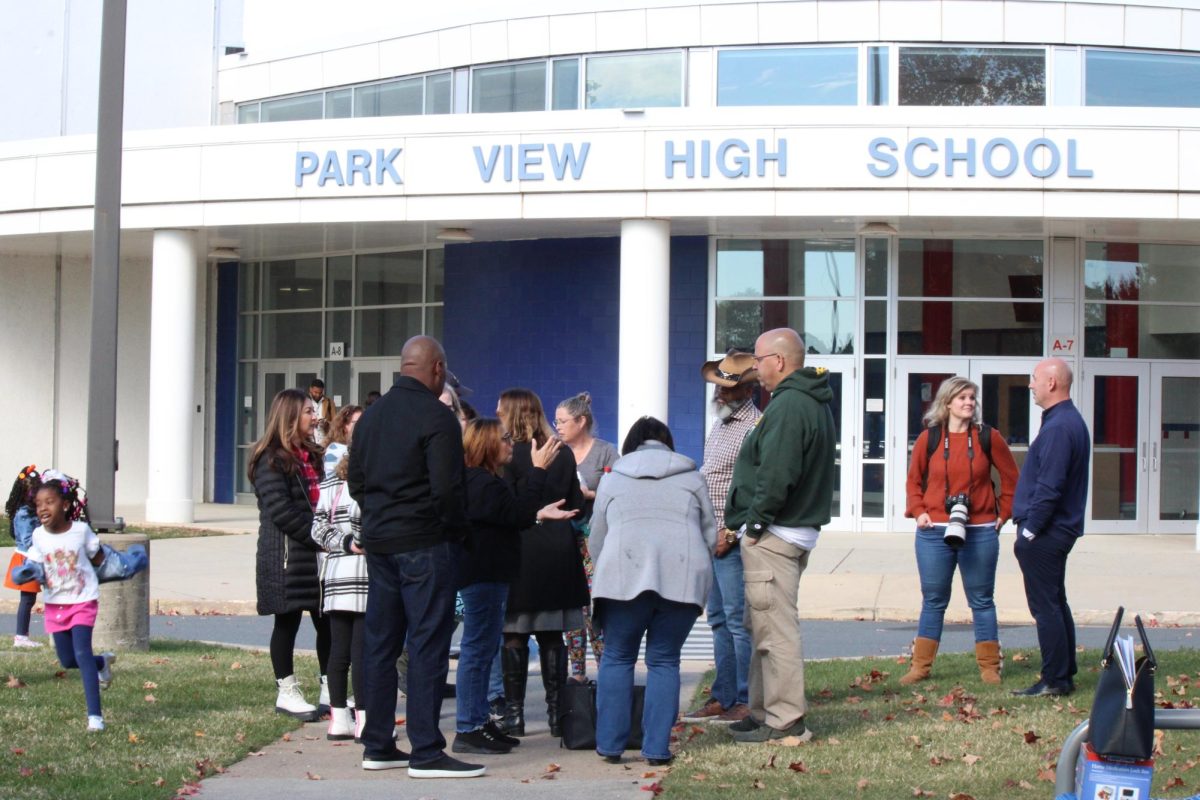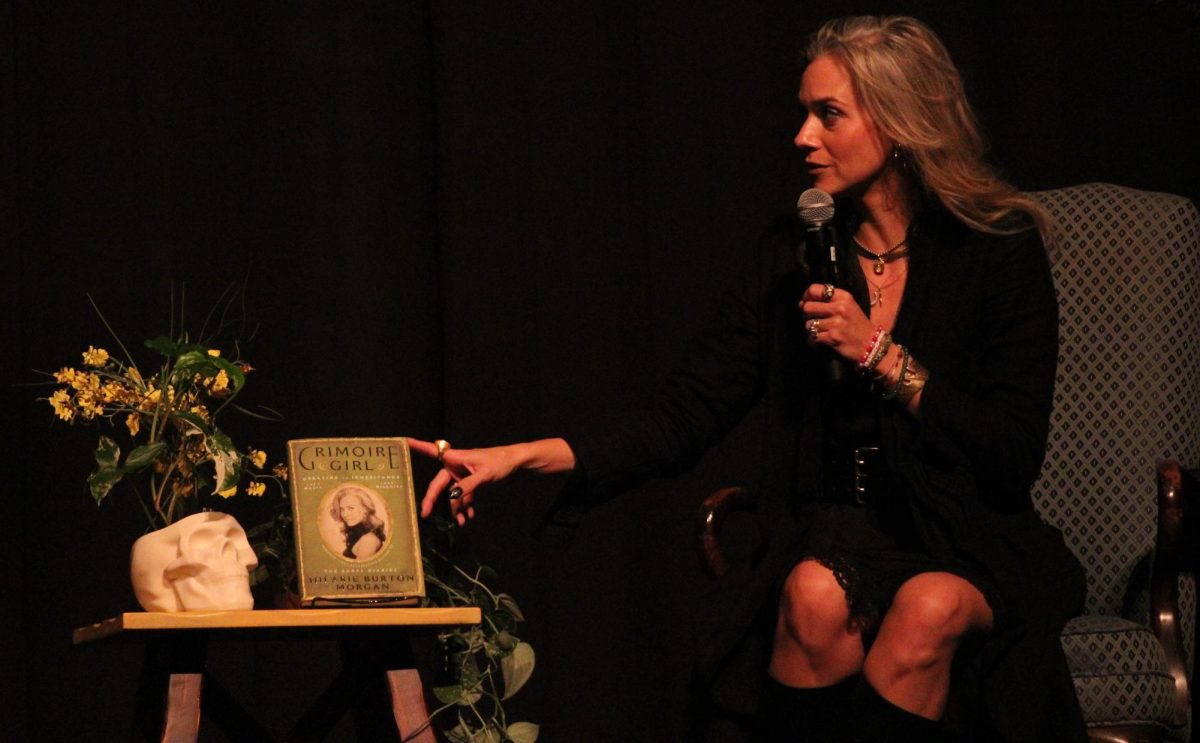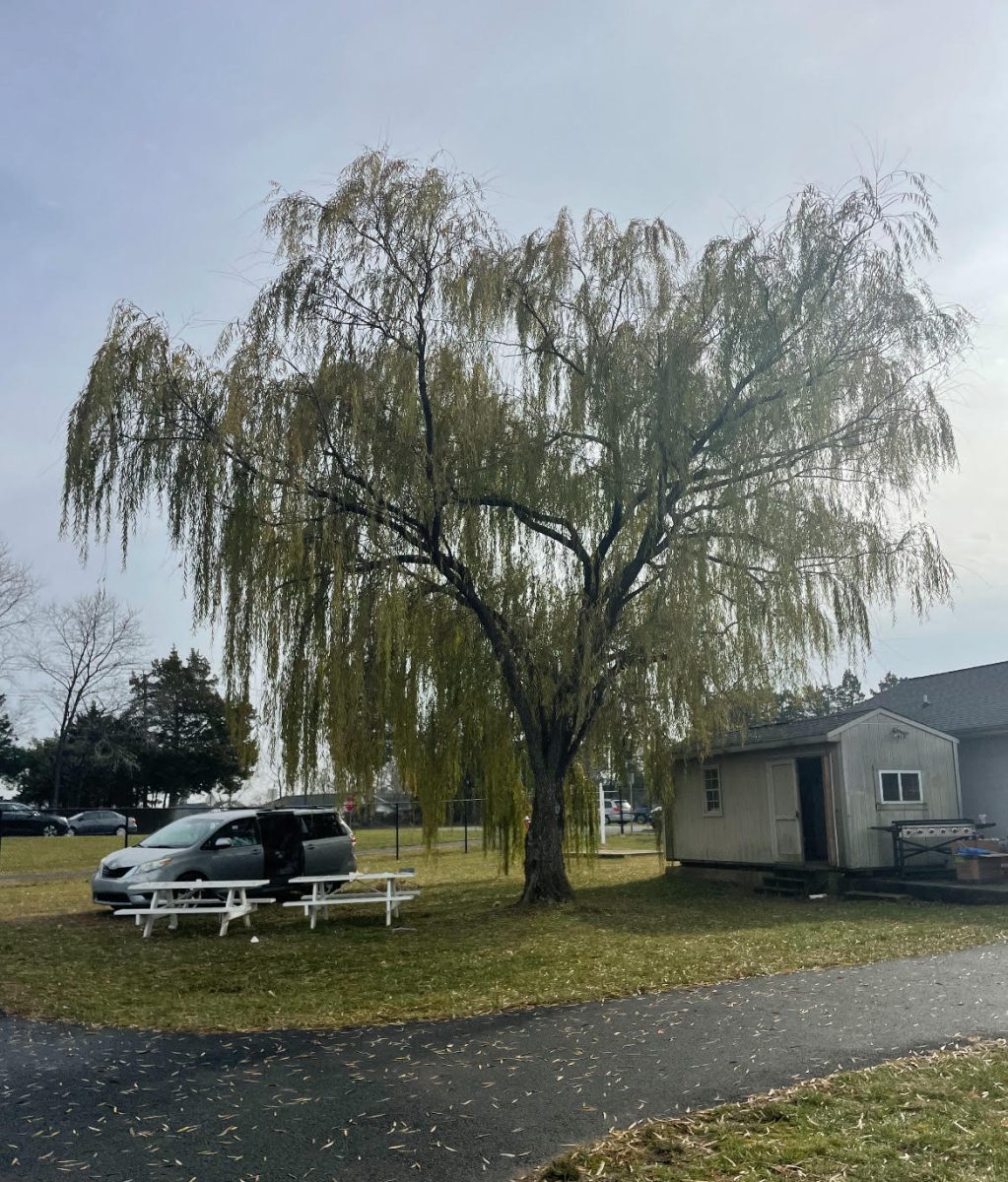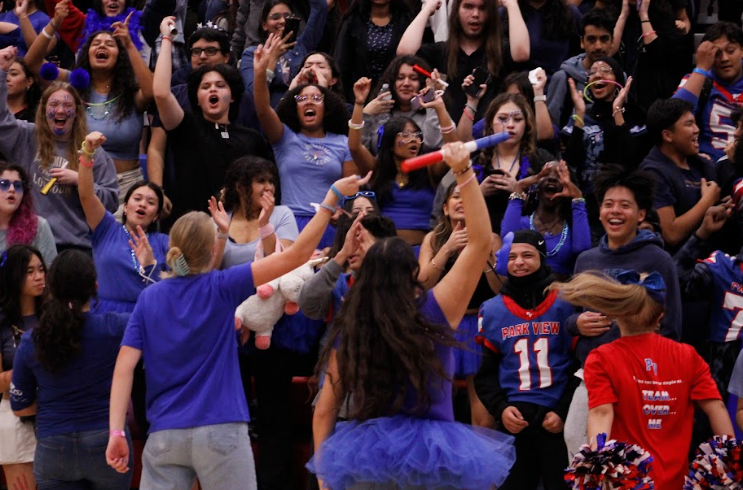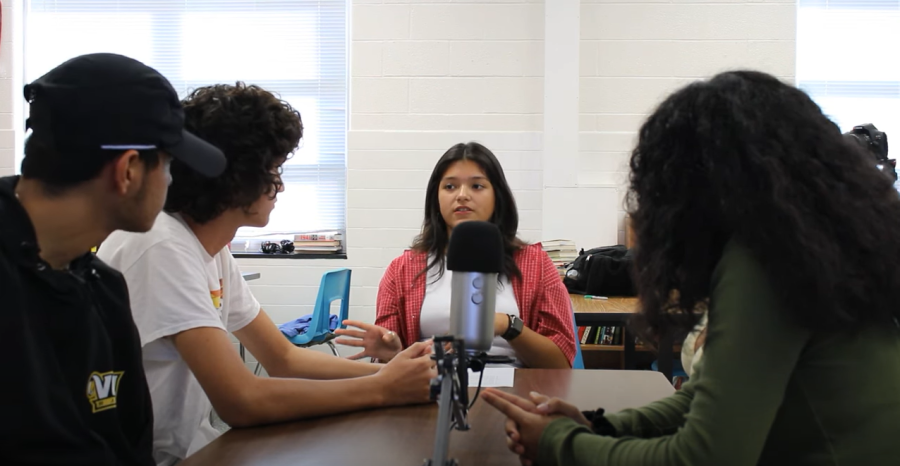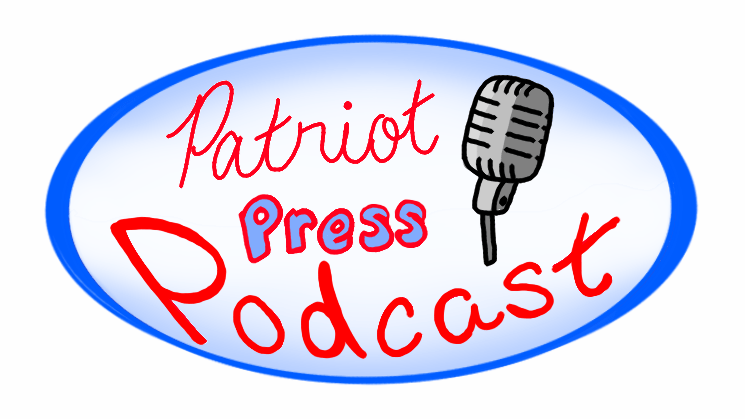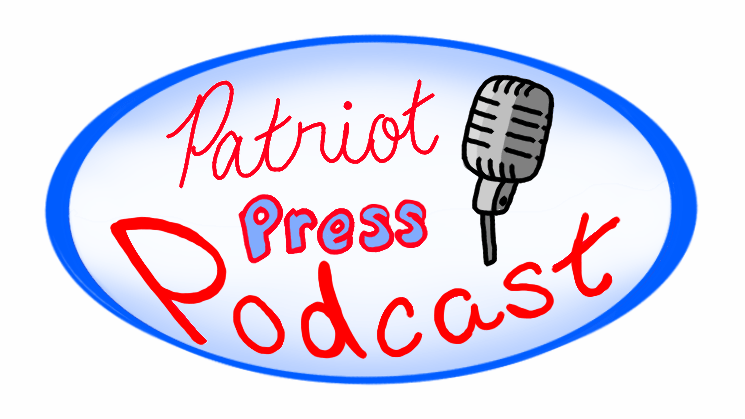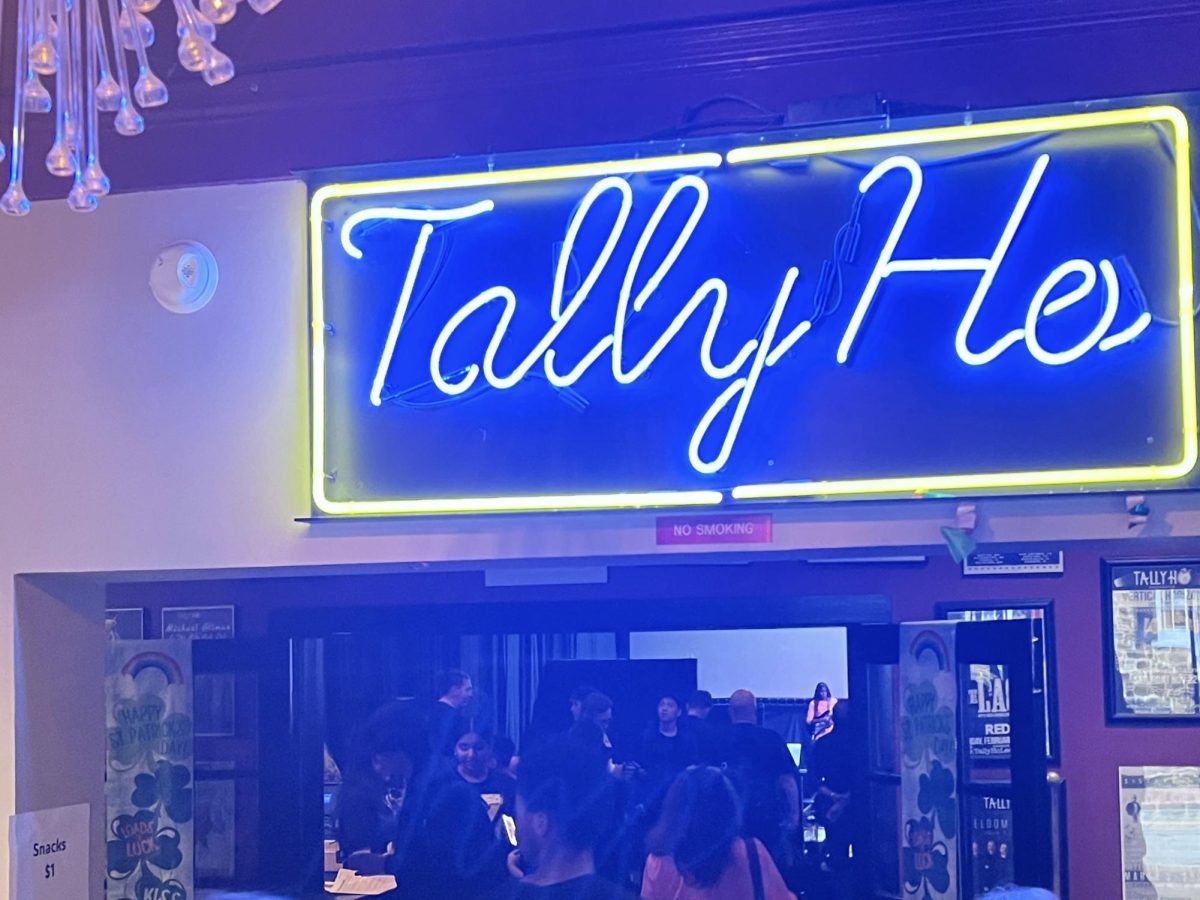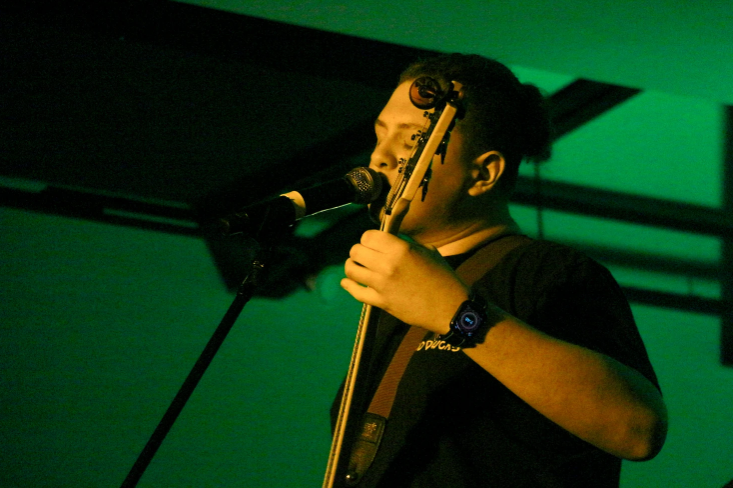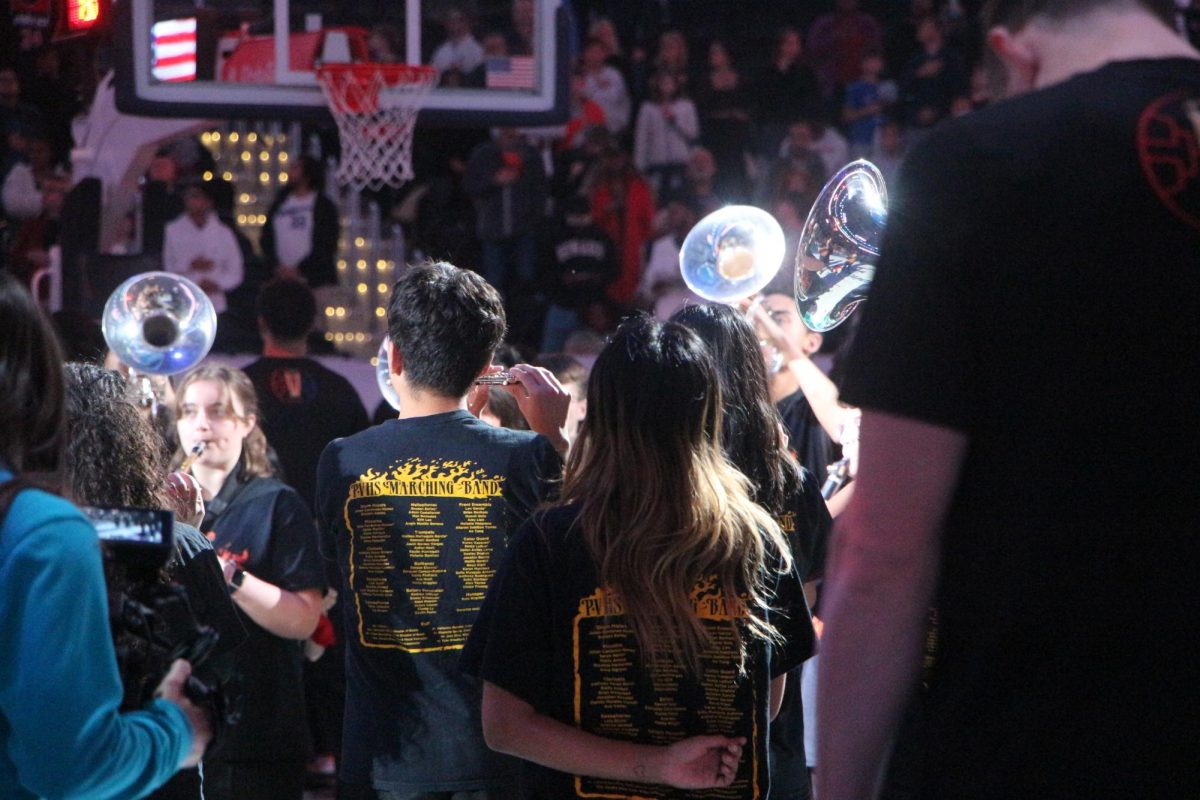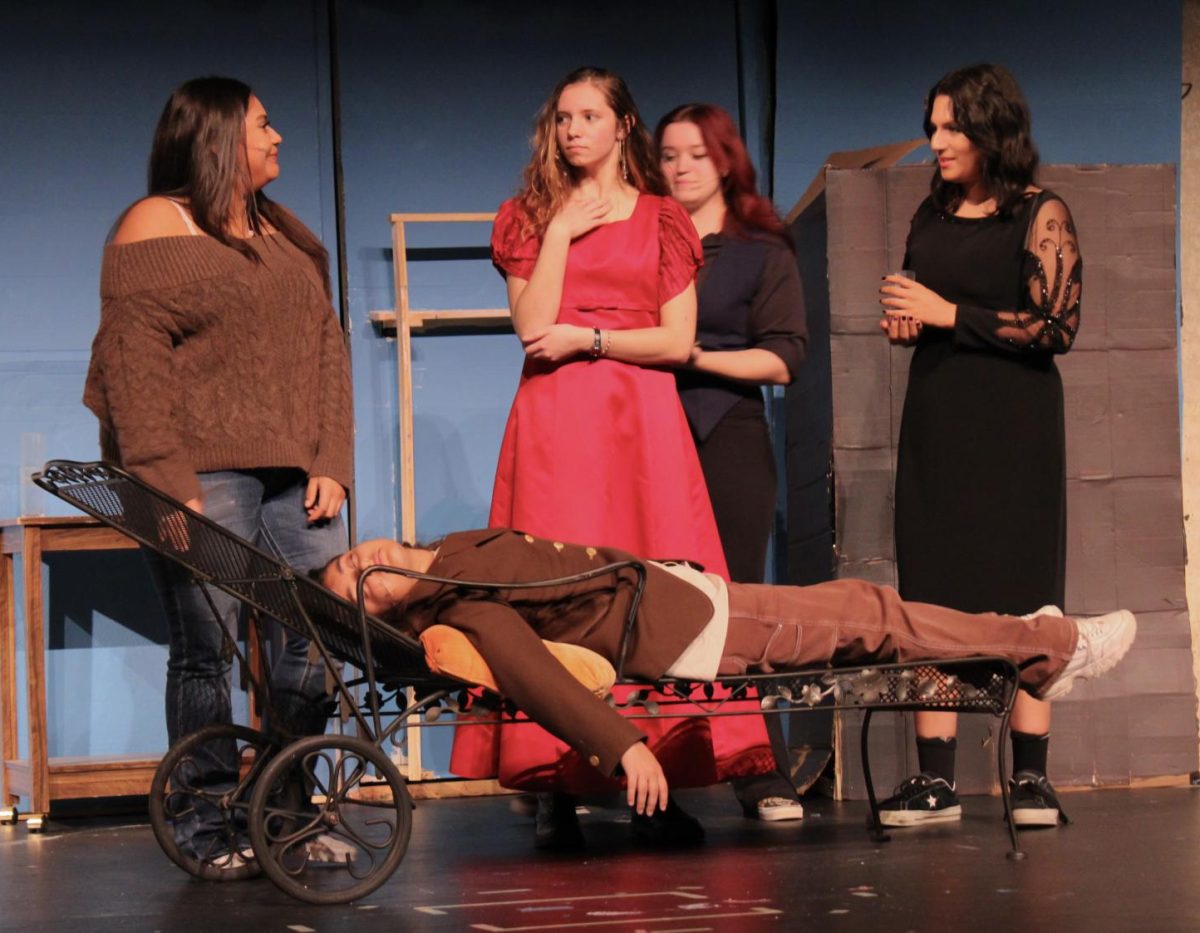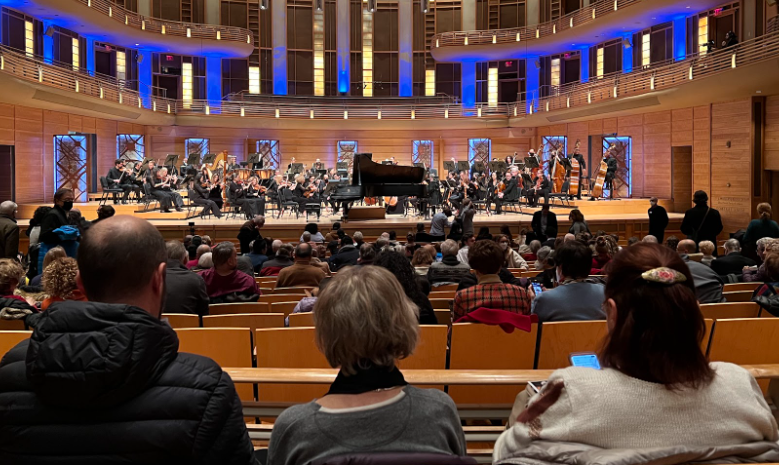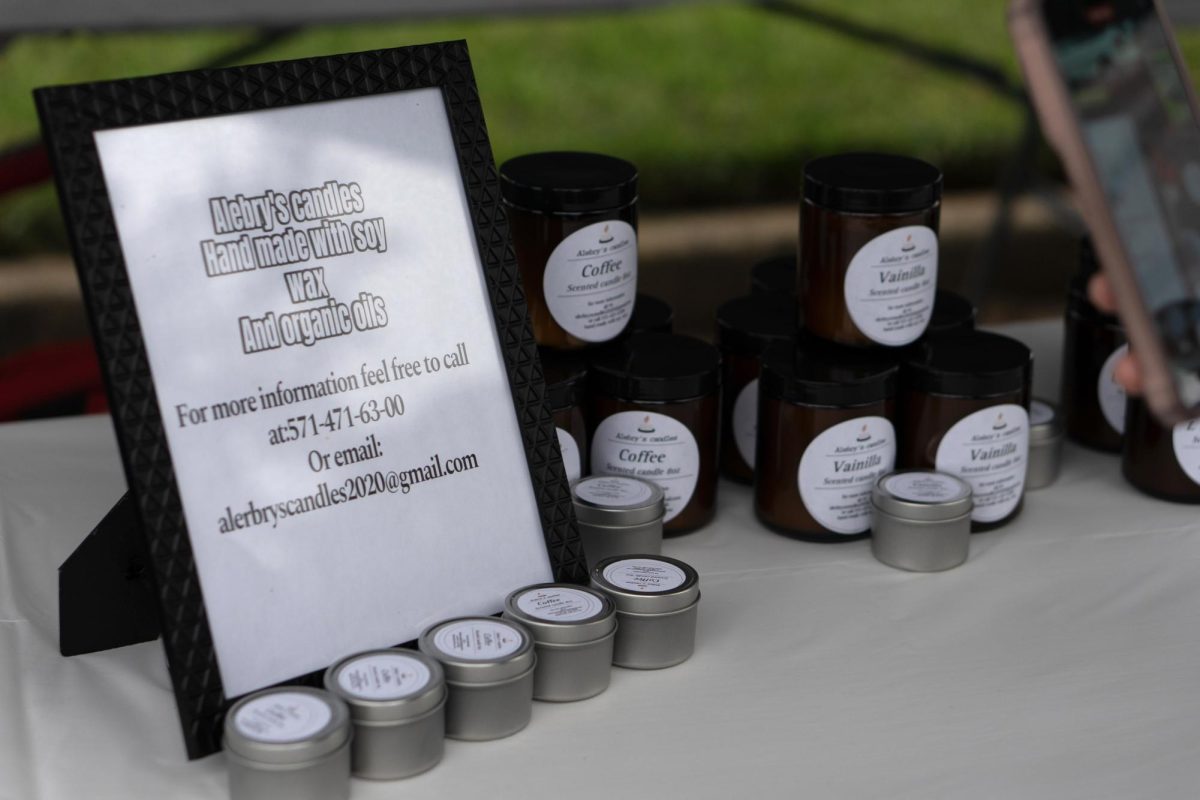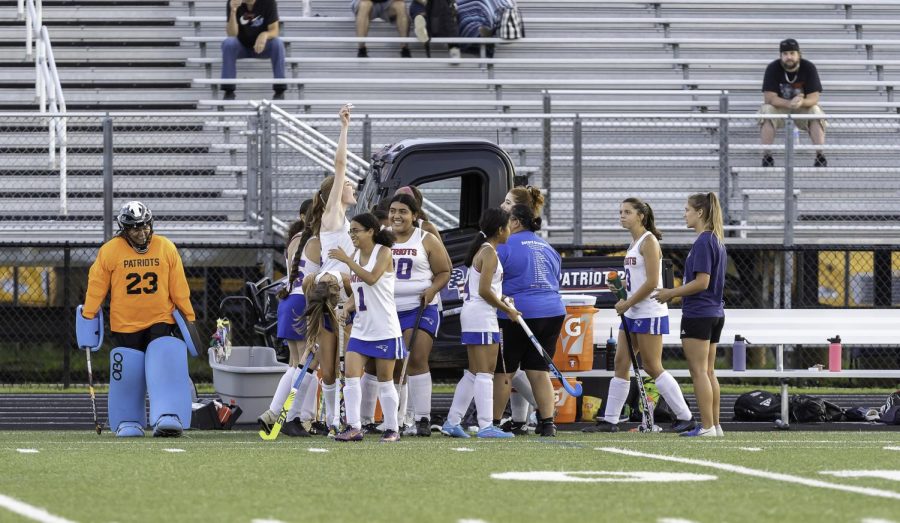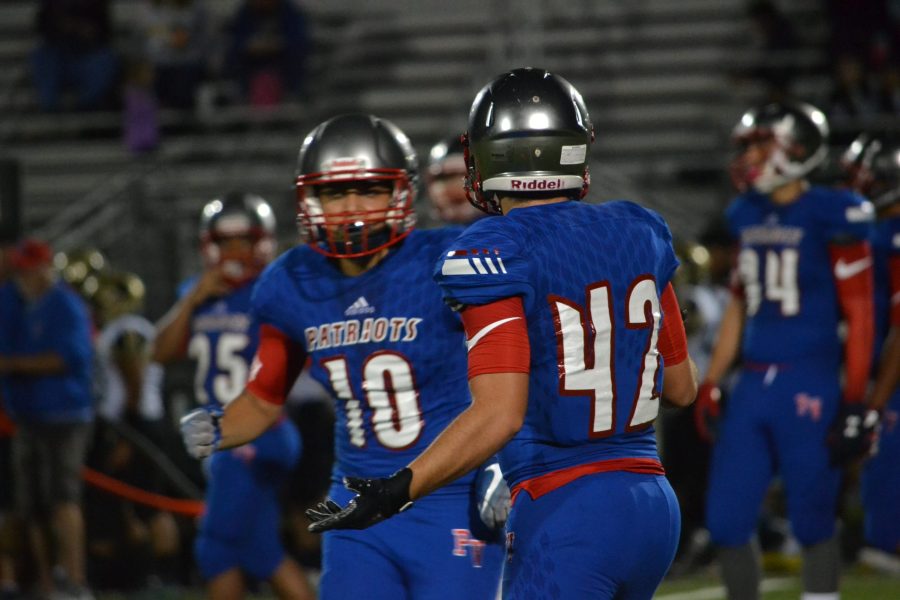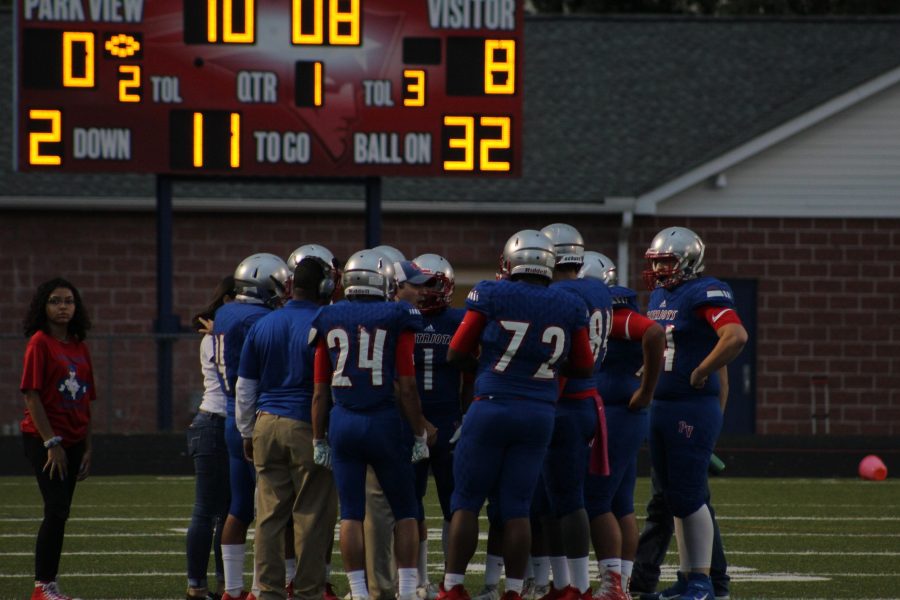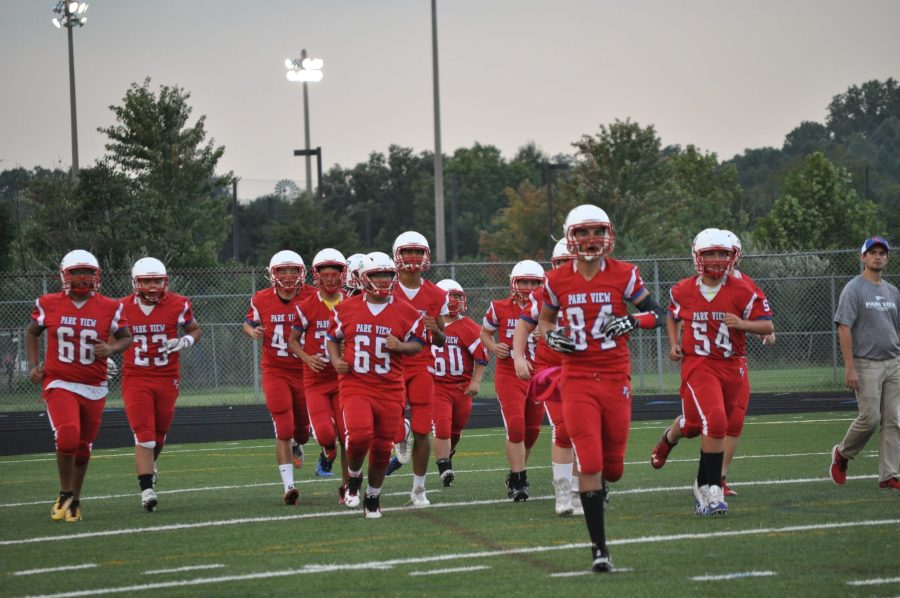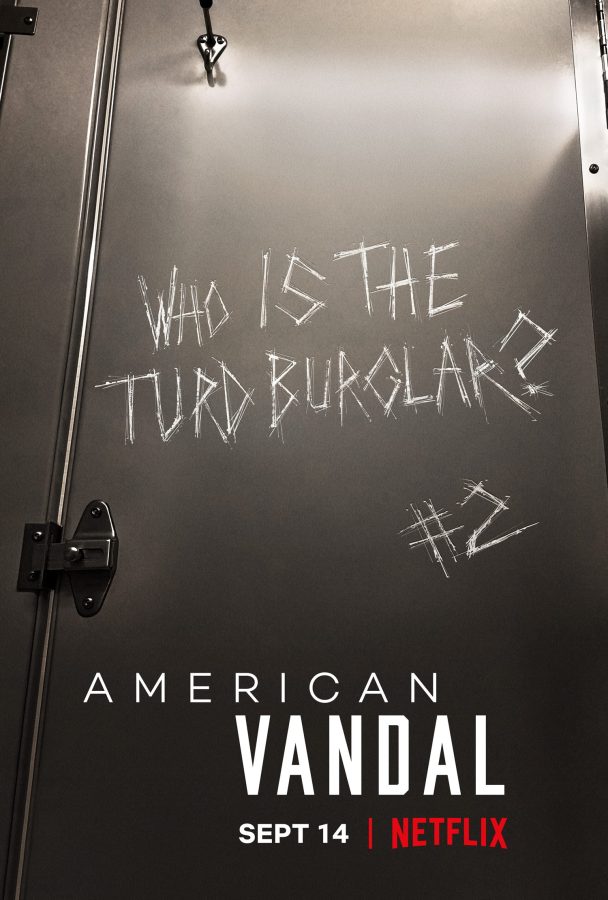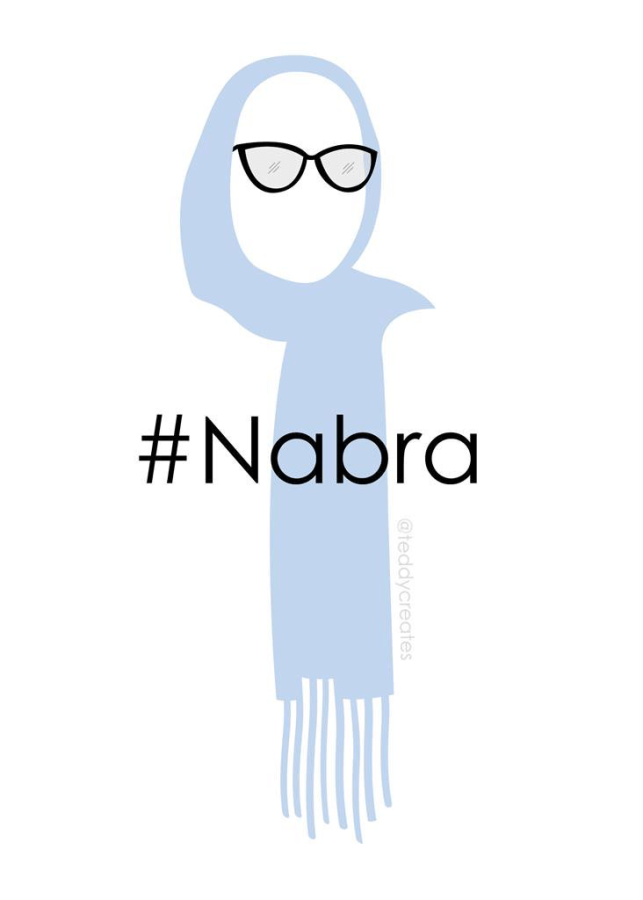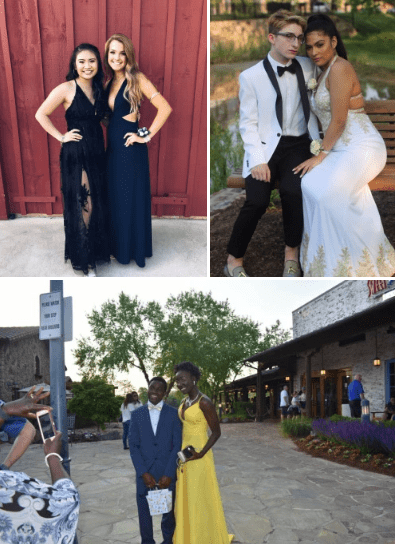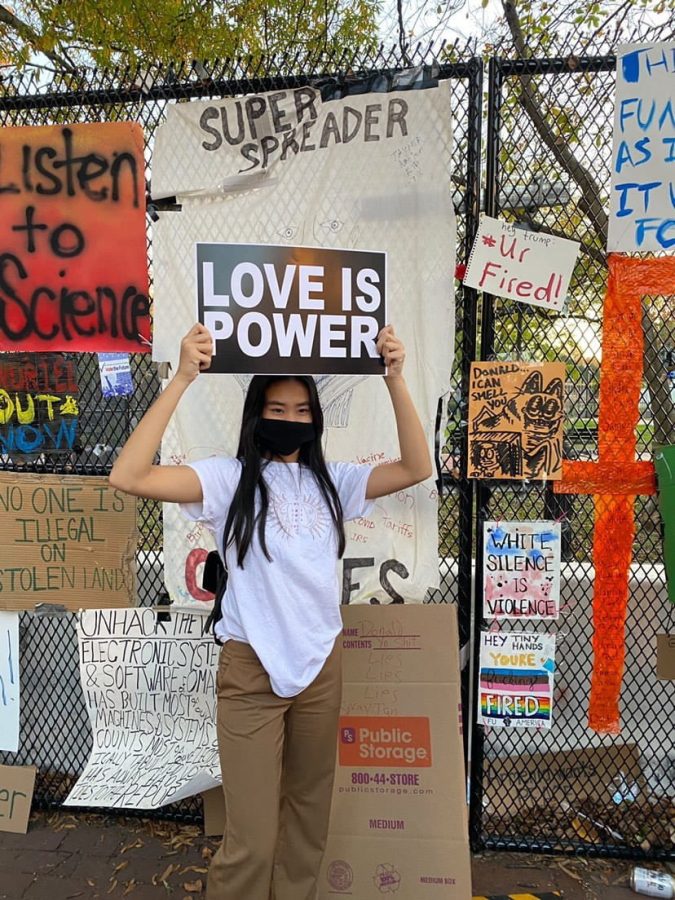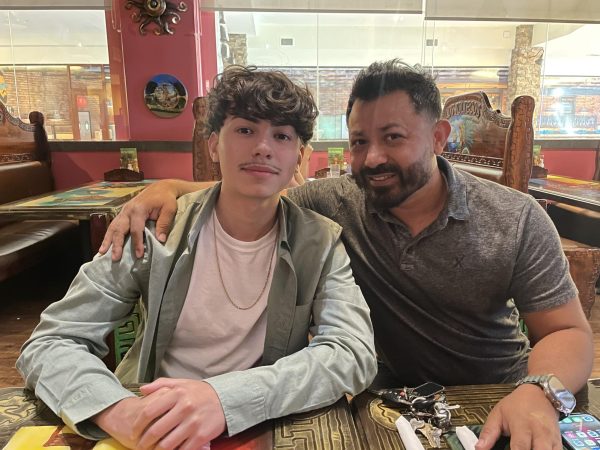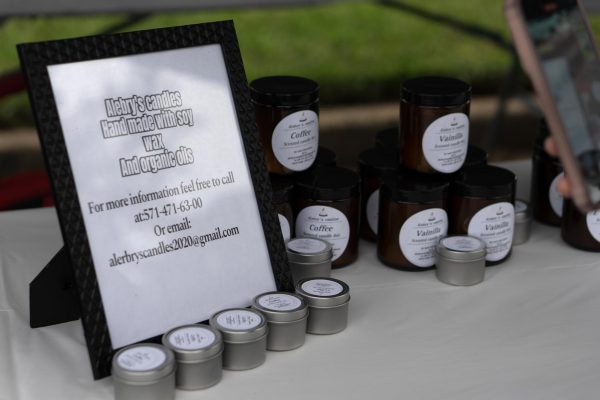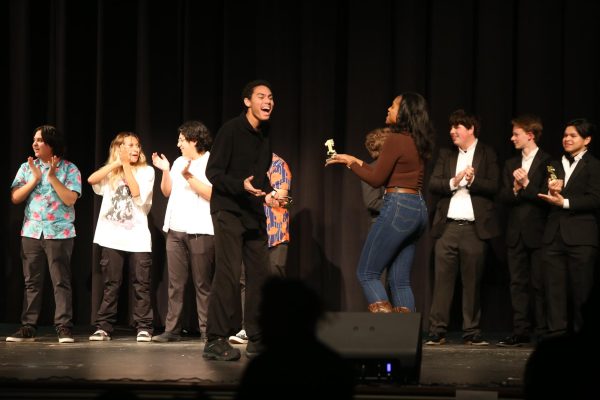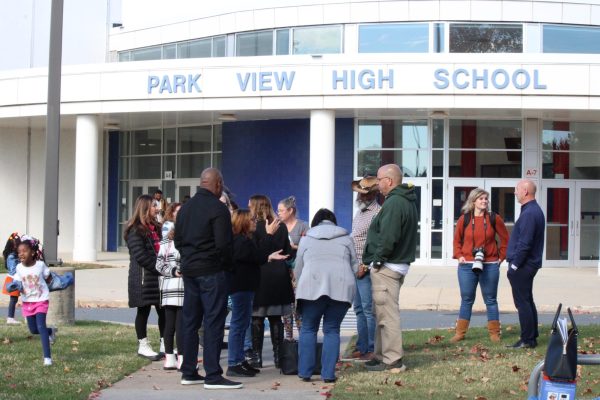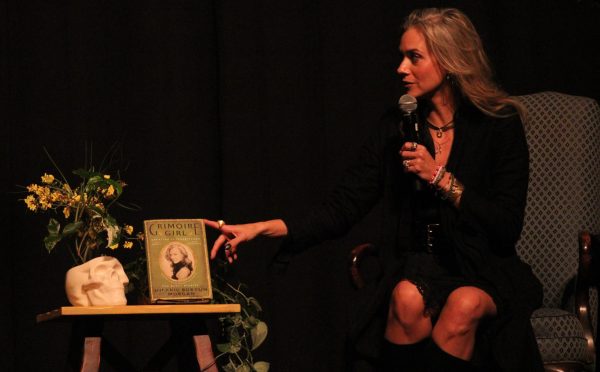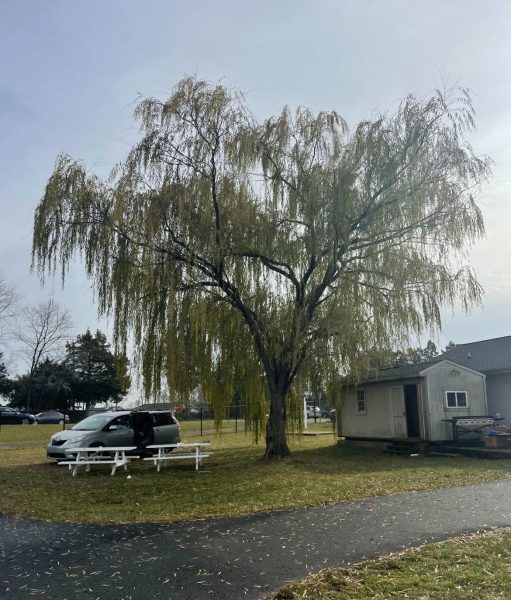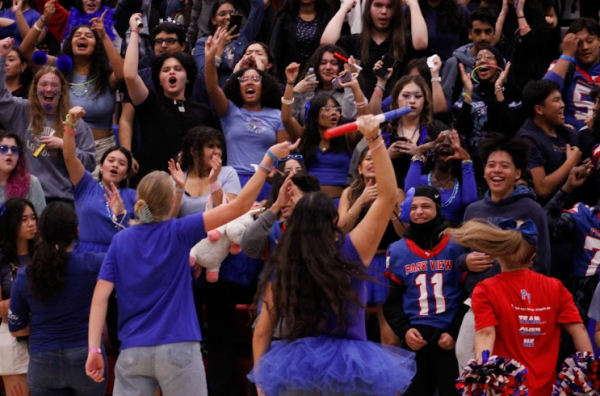Making a Difference
Park View Seniors Kaycee Portillo and Theresa Le have taken action in their community to make a change by volunteering and spreading awareness for causes like immigration reform and BLM.
Between a devastating pandemic and a polarizing election, it’s no wonder why so many Americans are upset and concerned about our chaotic political state. Many have written their beliefs down in letters to representatives in hopes of change. Others have taken to the streets to fight for their ideas and change, even in our local community.
“With the United We Dream, I have texted over 900 registered voters in order to get the word out to vote,” said Kaycee Portillo, treasurer of the Park View senior class.
Portillo and Theresa Le have been at the forefront of the chaos for the last couple of months. Both have been active in their community by writing letters to senators, donating money, volunteering for nonprofits such as United We Dream, as well as spreading awareness online. As tension grew about election results, as well as the candidates themselves, both though there was civil unrest across the country, as well as in their community.
“There are people who say it’s always been this hostile, but we have to realize it’s been normalized,” said Portillo.
“I don’t remember it being this bad before, there was civility back then,” Le later said, referring to society in the past, and previous elections.
Is it possible for the media to play a role in the division? Both Democrats and Republicans have bashed news outlets for being biased and spreading misleading information. Other news outlets have also been criticized for over or underplaying certain issues like protests, and the COVID-19 pandemic. Both Portillo and Le attributed some of that unrest or division to biased news outlets.
“Every little detail and statistic has been adjusted to fit their narrative. Ultimately they are a company, so they are working for profit. They make more money from outlandish stories,” said Le.

With bigger, more powerful news companies, it’s hard to make an impact, or spread a message for causes that one might care about. With that said, getting in touch with establishments in your community might not be a waste of time either.
“Local organizations and businesses help bring the community closer together and supporting them helps both. Changes have occurred because of these organizations; like can drives and donations. Contacting local organizations can be more direct so actions can be taken immediately rather than waiting a long time,” said Le.
With social media, we have seen new interactions with businesses and even large corporations. Companies like Wendy’s and Slim Jim have become famous for the way they handle their social media accounts. With corporations being active on social media for marketing and publicity, this can open a world of possibilities for social media to be used for activism. Students can spread awareness for issues on their platform and can tweet or tag larger institutions in their community and might even get a response back.
“I tweeted @LCPSofficial calling them out about how they did not give Park View any [SAT] days before college applications were due, and we have gotten two SAT days since then,” said Portillo.
The whole controversy happened on August 13th, when the official Loudoun County Twitter account, @LCPSofficial, tweeted the county’s SAT schedule. Park View only received one date for the year, which was June 5th, way after college applications would be due for the fall. Almost every other school such as Potomac Falls or Broad Run got between 2 and 3 dates. Only two other schools got one date, and the day they got was months away from the majority of college application deadlines. Portillo pointed out these disparities in a Twitter thread, explaining and why this was unfair, and asking for the county to change it. Though never acknowledging Portillo’s tweets, Park View received two more testing dates, before application deadlines.
“If we didn’t talk about or share these issues, it is possible that none of these changes could have happened,” said Le.
Even with social media playing a large part in how we get our news, certain actions on the platforms have been construed as “performative activism.” Performative activism is being active about an issue because it’s trending or spreading posts related to causes that beg for likes or shares. Portillo and Le have both used social media like Instagram, Twitter, and TikTok to get the word out, which unfortunately might be interpreted negatively. Both students realize that protests have changed significantly; they explained how more people, especially young people, are more likely to post about an issue than take to the streets. Even though both donated, volunteered, and protested in person, both are open to criticism regardless.
“Performative activism is just for the likes and popularity, it doesn’t help anybody. If a person actually cared, they wouldn’t just post things to post things,” said Le.
“Spreading information is a base, everything else is actual activism, and even though BLM is not viral on Twitter anymore there are still [people] protesting every day,” said Portillo.
